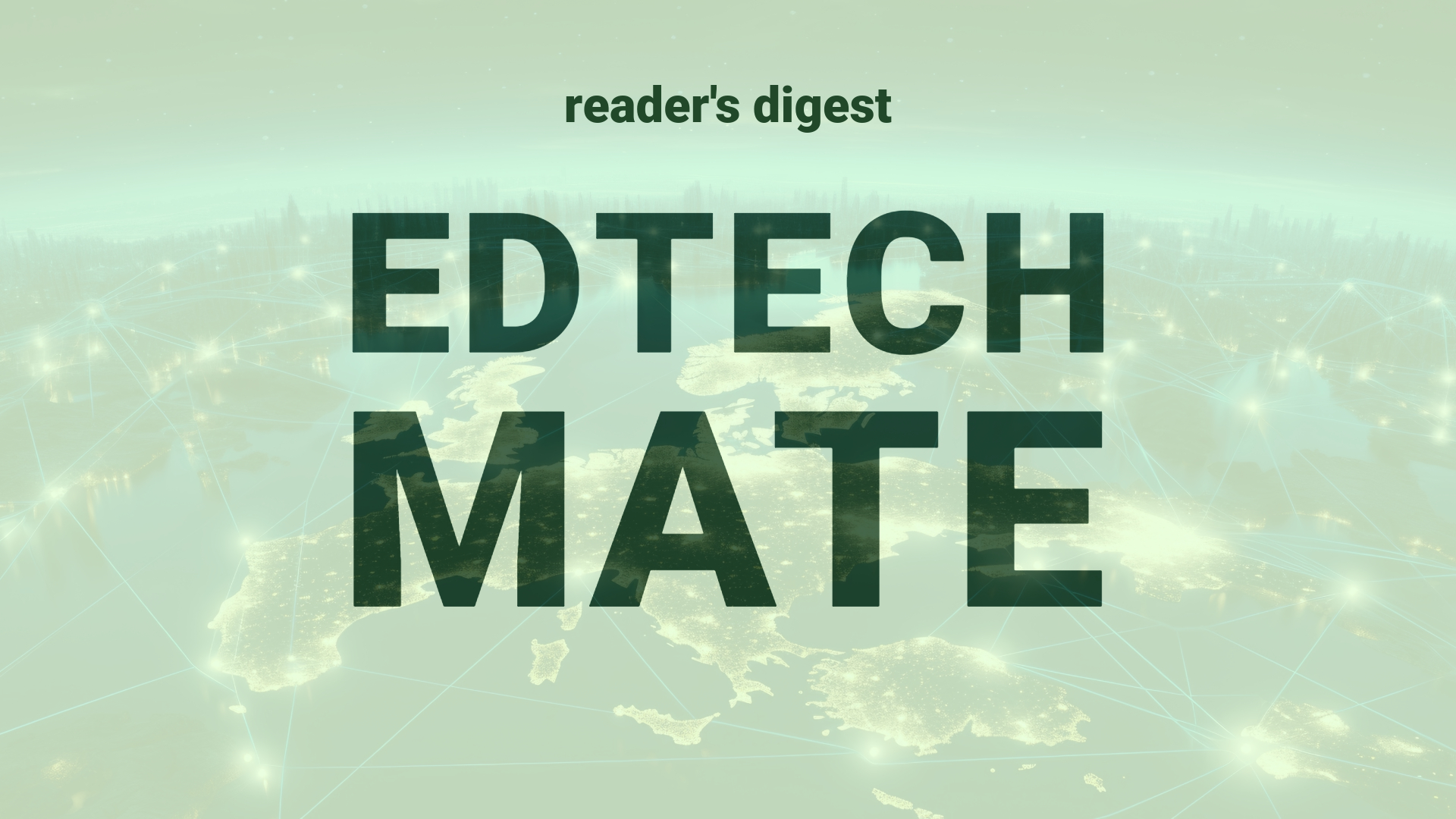Executive Summary and Main Points
Pegasystems’ expansion of their Pega GenAI platform to integrate with Amazon Web Services (AWS) and Google Cloud large language models (LLMs) represents a significant step in the evolution of Business Process Management (BPM) and the proliferation of generative AI within the sector. Generative AI is rapidly becoming a quintessential feature in low-code/no-code development environments. This expansion facilitates the development of new AI-powered applications and enhances existing enterprise applications. It also emphasizes the strategic importance of incorporating foundation models (FMs), with offerings like Amazon Bedrock and Titan, and Vertex AI from Google, into enterprise solutions to optimize workflow automation.
Potential Impact in the Education Sector
Further Education (FE) and Higher Education (HE) institutions, as well as Micro-credential providers, stand to benefit from these advancements, potentially transforming their administrative workflows and teaching methodologies. The integration of generative AI can automate routine tasks, personalize learning experiences, and optimize operational efficiencies. This enables institutions to form strategic partnerships, leveraging digitalization to position themselves competitively in a global educational environment where automation and personalization are increasingly crucial.
Potential Applicability in the Education Sector
Innovation in AI and digital tools offers numerous applications within global education systems. Generative AI can support the development of sophisticated virtual assistants or ‘copilots’ for personalized student guidance, automate the grading of assessments, and enable intelligent document management for research collation and educational planning. For international education leadership, the focus on integrating such capabilities into existing Learning Management Systems (LMS) or administrative software could offer groundbreaking improvements in efficiency and resource management.
Criticism and Potential Shortfalls
While the advanced integration of generative AI is promising, there are criticisms and potential shortfalls to consider. Case studies comparing international institutions may reveal disparities in the capability to implement such technologies, largely due to infrastructural and financial constraints. Ethical implications, such as data privacy concerns and biases inherent in AI models, require rigorous scrutiny and mitigation strategies. Additionally, the cultural relevance and appropriateness of generated content can become problematic if AI applications are not carefully monitored and adjusted to meet local educational needs and values.
Actionable Recommendations
Educational leaders should actively explore the integration of AI into their IT strategies, ensuring they align with their institution’s mission and educational goals. They need to foster collaborations with technology providers to tailor AI applications to their specific context. An inclusive approach to implementing generative AI is essential, incorporating feedback from educators, administrators, and students to ensure cultural and ethical compliance. Lastly, establishing robust data governance and management systems is critical to safeguard against security and privacy risks inherent in AI-assisted educational environments.
Source article: https://www.cio.com/article/2142411/pega-genai-brings-more-llms-to-low-code-automation-workflows.html

